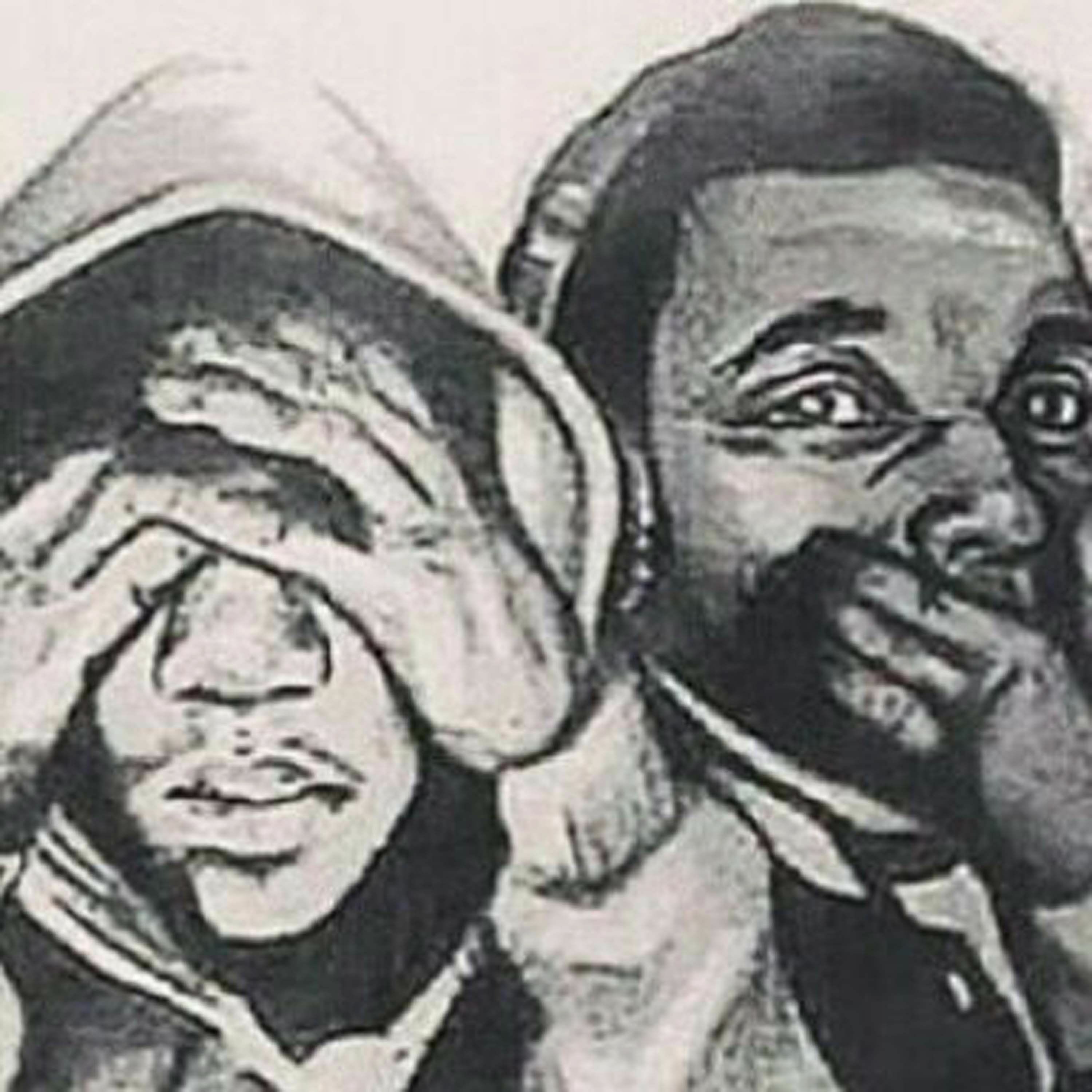Jim Crow and the Legacy of Segregation Outside of the South

b'Police shootings and the Black Lives Matter campaign have shone a spotlight on how different the everyday experiences are of white Americans and Americans of color. While much attention has been paid to these seemingly daily occurrences, the historical forces that led to our current situation have been less discussed: Is the de facto segregation that exists in many Northern cities a result of the lack of forced integration of the type that took place in the South? And is the mass incarceration of and police brutality inflicted on black Americans a result of these same forces?\\n\\nMelissa Nobles is the Kenan Sahin Dean of the School of Humanities, Arts, and Social Sciences and Professor of Political Science at MIT. She is also a collaborator and advisory board member of Northeastern Law School\\u2019s Civil Rights and Restorative Justice clinic. Her current research is focused on constructing a database of racial murders in the American South between 1930 and 1954. She is the author of two books: Shades of Citizenship: Race and Census in Modern Politics (2000) and The Politics of Official Apologies (2008), and related book chapters and articles.\\n\\nTracey Meares is the Walton Hale Hamilton Professor of Law at Yale Law School. Before coming to Yale, she was the Max Pam Professor of Law and Director of the Center for Studies in Criminal Justice at the University of Chicago; she was the first African-American woman granted tenure at both institutions\\u2019 law schools. She\\u2019s worked extensively with the federal government, and since December 2014 she has a been a member of President Obama\\u2019s Task Force on 21st Century Policing.\\n\\nModerator: Seth Mnookin is the director of the Communications Forum and the associate director of the Graduate Program of Science Writing at MIT. His most recent book is The Panic Virus: The True Story of the Vaccine-Autism Controversy.'